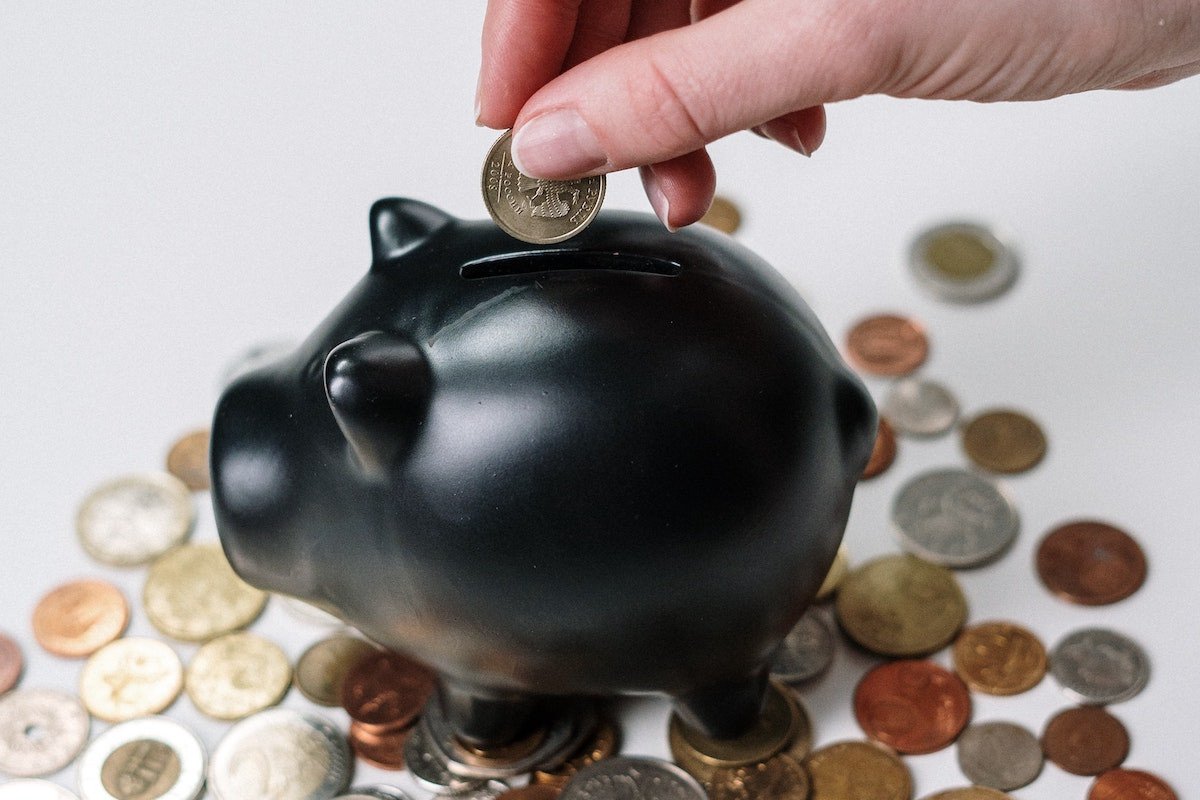The Coronavirus pandemic hasn't been easy on any of us. It's uprooted our routines and completely dismantled life as we know it.
The biggest hit for many comes financially. For some, that means their new reality is learning how to
apply for unemployment, understanding
furlough, or how to live with less because the money isn't coming in.
But what are you supposed to do when you're struggling to make your monthly payments right now. Let's discuss what your options are and how you can manage your monthly payments during this unprecedented time.
Your Options
If you can't make your monthly payments due to Coronavirus, you have three options:
- Pay what you can even though it may not cover the minimum amount due
- Pay nothing
- Do what you can to cut costs and bring in extra income outside of your day-to-day job to cover the payment
The harsh reality is that there is no magic button to press that will make your financial obligations disappear during this time. All you can do is manage as well as you can until your finances return to a more normal state. The best thing to do now, and any time you're struggling to make your payments, is to contact your lender or provider to discuss your options.
Things to Consider
Let's assume that you can afford to pay nothing or very little toward your monthly payments. What effect will falling delinquent have on you? Typically, the consequences would be great outside of COVID-19, but providers are very generous during these hard times. For example, some electric companies are waiving late fees and will not turn off your service even if you cannot pay your bill.
Contact your providers directly to learn more about how they are handling missed payments during the Coronavirus pandemic. If your provider is not offering relief in the form of payment deferral or forbearance, you'll need to factor into the equation how missing a payment will affect your credit, if late fees will apply, and how you’ll make a larger payment to pay off your balance down the road.
When deciding if financial assistance is right for you, consider the long term effects on your credit. While deferring payments and applying for forbearance will not directly affect your credit score in the short term, assuming you adhere to the terms of the relief program, you may feel the effects in the long run. If you continue to make purchases on your credit card and continue to accrue interest, your debt utilization will increase. Debt utilization is one of the five main factors that impact how your credit score is calculated, along with payment history, age of your credit accounts, the mix of your credit accounts, and new credit inquiries. Make sure to review the terms of forbearance before deciding whether it's the best option for you.
If providers are allowing you to defer payments without penalty due to the crisis, the deferment should not impact your credit. If you choose this route, something to consider is whether you will have to make up those payments once the relief period ends or if the payments will be tacked on to the back end of your loan, extending your repayment terms.
Mortgages + Rent
This is arguably the most important monthly payment you need to make each month. Paying your mortgage or rent first is crucial because you need a place to live. So, when budgeting for the months during the pandemic, prioritize this payment. Luckily, the government has stepped in to provide some relief for homeowners during this time.
Under the
CARES Act, those experiencing financial hardship due to COVID-19 with federally backed mortgages can request a forbearance by contacting their lender. Federally backed mortgages include FHA, VA, USDA, Fannie Mae, and Freddie Mac. The Act allows affected borrowers to defer payments for up to 180 days with fees, with the possibility of extension, although interest will still accrue.
Also, starting on March 18, The Department of Housing and Urban Development (HUD)
suspended evictions and foreclosures for 60 days for single-family homeowners with FHA-insured mortgages. The order prevents new foreclosures, as well as suspends foreclosures currently in process.
If you don't qualify for financial relief through these programs and are still struggling to find the funds after rearranging your budget, contact your lender or landlord. If you're renting, all landlords will handle this time differently. Some will be more understanding than others. If you own your home, reach out online or by phone to discuss your forbearance and payment deferral options.
Car Payments
If you can't make your car payment, the first thing you should do is contact your lender. Most don't want to see you default on your loan because it destroys relationships, it can be expensive, and it takes up a lot of time on everyone's part. They'd rather see you come out the other side of the pandemic being able to make payments to pay off your loan. Like with your credit card, you will likely have the options of payment deferral and forbearance, assuming you apply to the terms of their relief program. If you don't qualify for one of these options and you miss a payment, keep in mind it may temporarily impact your credit score.
Another option, in addition to payment deferral and forbearance, is to sell your car in hopes of paying off the loan. Without the loan, you won't have a payment to miss. This might not be a feasible option for essential workers that need to get to work, but if you're working from home and can utilize other modes of transportation, it's something to consider.
Credit Card Payments
Many credit card companies are offering payment deferrals and forbearance. Both options allow you not to pay your monthly bill without a fee, but you may still incur interest and end up paying more in the long run. Most companies have COVID-19 assistance pages on their websites that more specifically detail your options.
Student Loan Payments
If you can't make your student loan payments right now, this is one of the areas where you'll find the most relief. That is if you hold federal student loans. Federal student loans have been placed in
forbearance with zero percent interest from March 13, 2020 to September 30, 2020 as a part of the
CARES Act. This means six months with no payment, no interest accrual, and no late fees. Granted, you will still need to continue to pay off the balance starting October 1; it provides substantial temporary relief.
If you hold private student loans, contact your lender to discuss your options. The CARES Act does not cover private student loans, but assistance may be available to you.
Utilities
As a result of the current pandemic, many
states and localities have declared "State of Emergencies," "Stay at Home" orders, and "Shelter at Home" orders. The benefit of these declarations is that it may be deemed illegal in some states for your utility providers to turn off your service. This means that even if you cannot pay your electric or water bill, you will not be denied service. For your specific provider's COVID-19 response, contact them directly.








